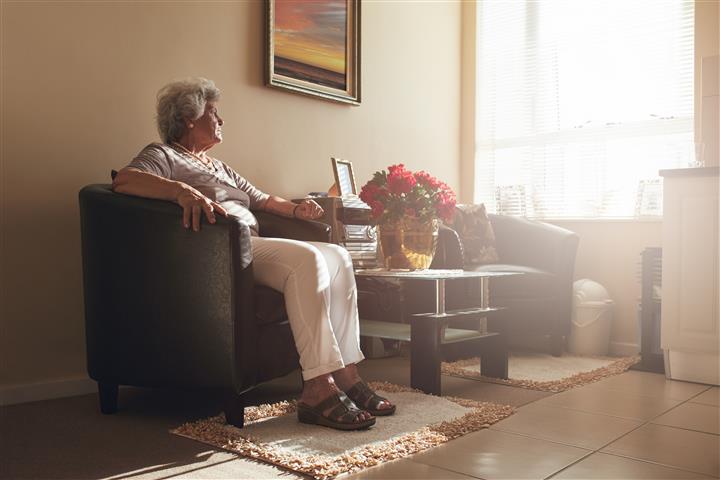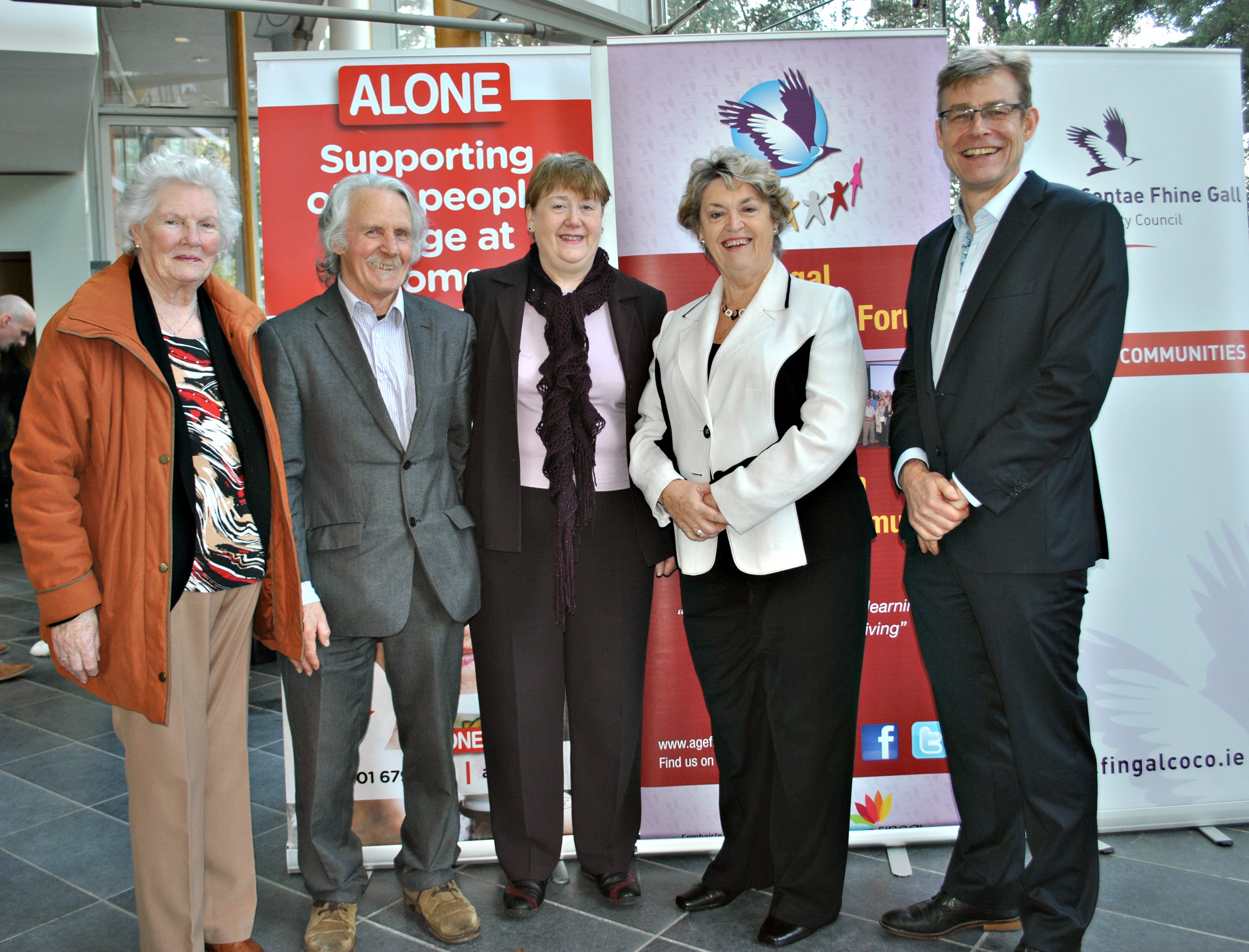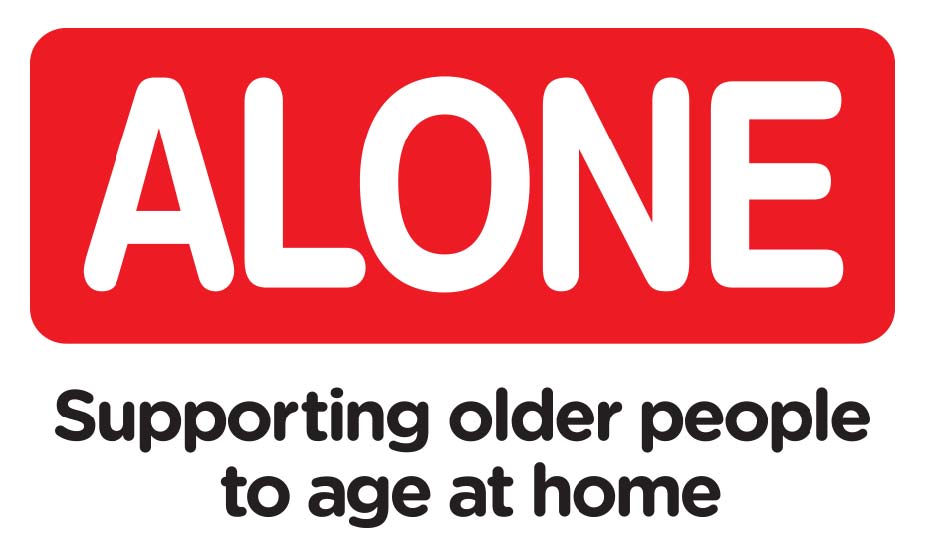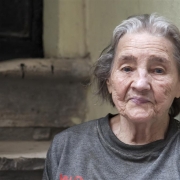CSO housing data shows older people’s housing needs are heading for a crisis, says ALONE
Dublin, 28th July: ALONE, the charity that supports older people to age at home, has said the latest Census publication on housing is cause for significant concern relating to housing for older people. ALONE’s data shows 4,333 interventions completed in housing in the first 6 months of 2023 (1 in 5 of our interventions), which is a 240% increase on 2022.
The number of private renters aged 65+ has increased by 83% since the last Census in 2016, and has more than doubled since 2011, according to yesterday’s release from the Central Statistics Office (CSO)[1]. The evidence is showing more and more people retire now without owning a home and that paying rent on a pension alone is simply not possible.
The figures also show significant increases since 2016 in over 65s who are still paying off a loan or mortgage on their home (19.8%) at a time in their life when their income drops and health expenses increase.
The number of older people living in social housing from local authorities has increased by 34%. People aged 60+ now make up almost one in three (29%) of all those in social housing rented from their Local Authority or a voluntary body. This is up from one in four (24.6%) in 2016 and is the only age group that is increasing in need.
“Our population is ageing and our housing system is not ready, it’s not planning or building for this change,” said ALONE CEO Seán Moynihan. “Thousands of older people are experiencing housing difficulties. An increasing number are now bringing housing costs into older age. The housing crisis is impacting people of all ages, but older people more so each year.”
He continued, “We need at least 25% of our social housing to be developed for older people because housing is security to live and die in their own communities. Ireland is getting older, and we are renting for longer. The need to provide age-appropriate housing for older people is growing each year. We need to plan for the right types of housing in the right places. Some Local Authorities have not committed to providing any age-friendly housing in their Action Plans from 2022-2026, and still others have committed to providing insignificant numbers. We hope that this data serves as a much needed wake-up call for the Department of Housing and Local Authorities.”
In their pre-budget submission released recently[2], ALONE called on Government to commit to a minimum of 25% of all new builds for social housing to be developed to age-friendly and universal design standards.
ALONE, in partnership with the national housing charity Threshold, released a report in May which sets out findings of considerable deficits in the private rental sector to meet the needs of older renters in Ireland. The report, ‘The Double Deficit’, found that while the State is planning for the wider economic impacts of a population growing older, similar evidence-informed planning for housing needs appears absent. It also showed the private rental sector is no place for older people.
In addition, the Summary of Social Housing Assessments 2022 figures released earlier in the year showed that the number of people aged 70+ on the social housing waiting list in 2022 increased to over 2,000 for the first time. Previously released CSO data has found that those aged 65+ and renting from a private landlord are likely to be spending more than 35% of their disposable income on rent, are more likely to be living alone, and more likely to be in receipt of rental assistance[3].
[1] https://www.cso.ie/en/releasesandpublications/ep/p-cpp2/censusofpopulation2022profile2-housinginireland/
[2] https://alone.ie/wp-content/uploads/2023/07/ALONE-Pre-Budget-Submission-2024.pdf
[3] https://www.cso.ie/en/releasesandpublications/fp/fp-trsi/therentalsectorinireland2021/tenants/












